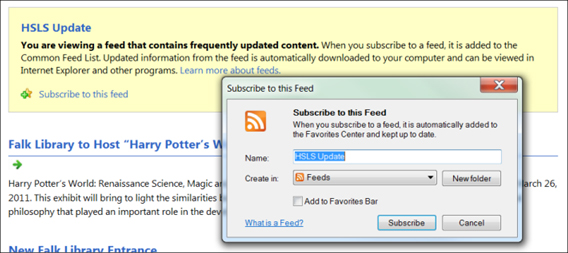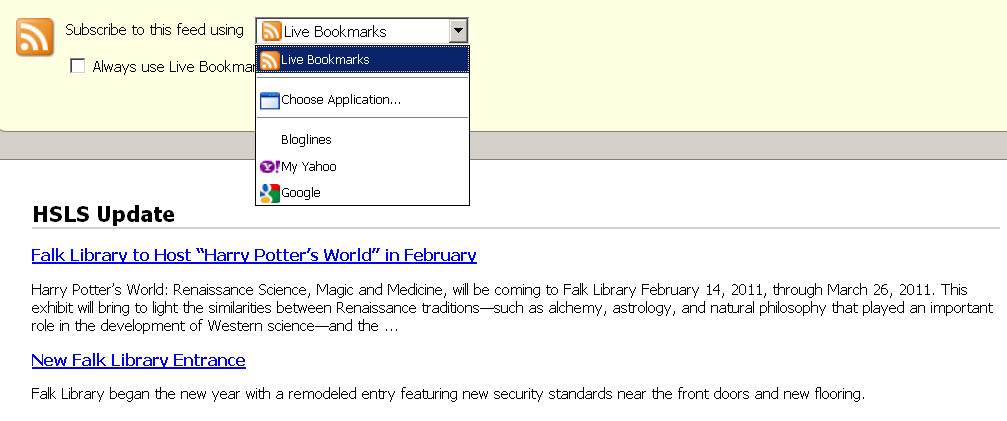HSLS offers classes on database searching, software applications such as Adobe Photoshop, bibliographic management, molecular biology and genetics, and library orientations. For more information visit the online course descriptions.
Classes are held on the first floor of Falk Library (200 Scaife Hall) in Classroom 1 and Conference Room B, and on the second floor in the Computer and Media Center Classroom 2. Some classes are also held in the Conference Room at UPMC Shadyside Libraries. All classes are open to faculty, staff and students of the schools of the health sciences at the University of Pittsburgh and UPMC.
No registration is required for any of these classes. Seating for classes is first-come, first-served, until the class is full. Classes marked with an asterisk (*) qualify for American Medical Association Category 2 continuing education credit.
Class schedules are subject to change. Please consult the online class calendar for the most current information.
HSLS ORIENTATION
Introduction to HSLS Resources and Services at Falk Library
(Meet inside entrance to Library)
Offered upon request to groups or individuals. Call 412-648-8796.
Introduction to HSLS Services at UPMC Shadyside
Offered upon request to groups or individuals. Call 412-623-2415.
Finding Full-Text Articles at UPMC Shadyside
Offered upon request to groups or individuals. Call 412-623-2415.
SEARCHING DATABASES
PubMed Basics* (Falk Library Classroom 1)
Tuesday, July 19 2-3:30 p.m.
Wednesday, August 10 10-11:30 a.m.
Focus on Behavioral Medicine: Searching in CINAHL* (Falk Library Classroom 1)
Tuesday, July 12 10:30 a.m.-noon
MOLECULAR BIOLOGY AND GENETICS RESOURCES
Gene Regulation Resources* (Falk Library Classroom 2)
Wednesday, July 6 1-3 p.m.
Microarray Data Analysis* (Falk Library Classroom 2)
Wednesday, July 20 1-3 p.m.
Genome Browsers* (Falk Library Classroom 2)
Wednesday, August 3 1-3 p.m.
Beyond PubMed: Next Generation Literature Searching* (Falk Library Classroom 2)
Wednesday, August 24 1-3 p.m.
SOFTWARE TRAINING
EndNote Basics (Falk Library Classroom 2)
(Note: This class is usually full. Please arrive 15 minutes in advance to ensure seating.)
Tuesday, August 9 1-3 p.m.
Adobe Photoshop for Beginners (Falk Library Classroom 2)
Wednesday, July 13 9:30-11 a.m.
PowerPoint for Beginners (Falk Library Classroom 2)
Thursday, July 21 9:30-11 a.m.
Advanced PowerPoint for Presentations
Tuesday, August 9 9:30-11 a.m. (Falk Library Classroom 2)
Wednesday, August 31 9-11 a.m. (UPMC Shadyside Libraries)
Lunch With A Librarian
These informal, brown-bag lunches are held in Falk Library Conference Room B. Bring your own lunch. Drinks and dessert are provided. For more information visit the online descriptions.
The Next Generation of Alerts
Wednesday, July 20 noon-1 p.m.
Making a Dent in Your Personal Paper Silo
Tuesday, August 16 noon-1 p.m.
Classes
PubMed for Nurses (UPMC Shadyside Libraries)
Tuesday, July 12 11:30 a.m.-12:30 p.m.
Exploring HSLS Databases (UPMC Shadyside Libraries)
Wednesday, August 3 3-4 p.m.
Thursday @ Three HSLS UPMC Shadyside Libraries Information Series
These informal sessions are held in the Conference Room at UPMC Shadyside Libraries.
Personal Genomics, Personalized Medicine, and You
Thursday, July 14 3-4 p.m.
CUSTOMIZED CLASSES
Customized classes can be developed for your department, course, or other group.
LEARNING @ YOUR PACE
These online tutorials provide information on getting started at HSLS, focusing on the Web site and popular resources.

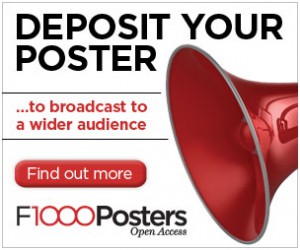
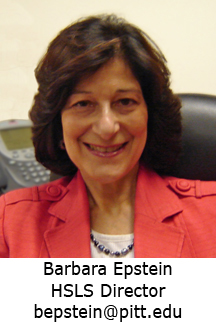
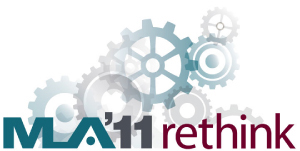
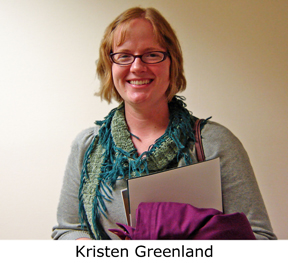
![Citation marked as [Epub ahead of print]](https://info.hsls.pitt.edu/updatereport/files/2011/04/epub-circled.jpg)
